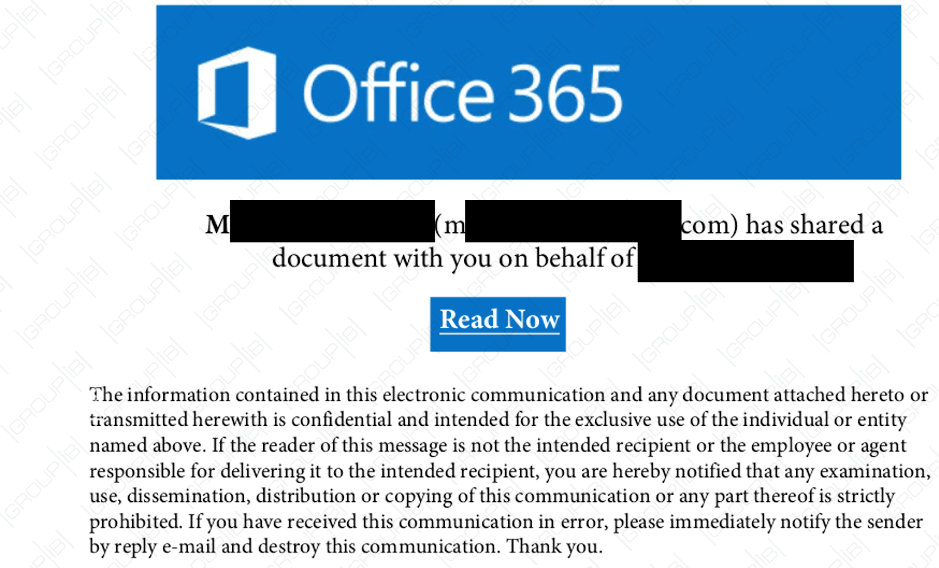Some tips to avoid getting scammed, always be suspicious!
- Only share your email address with people you trust. Don’t display your email address on your website, use a contact form instead.
- Don’t sign up or subscribe to email lists unless you trust the website. Consider using a different email address for signing up to random lists.
- Be aware of common email scams such as phishing, fake invoices and fake blackmails.
- Never click on links inside emails unless you are certain you can trust it. If you get an email from your bank or movie service provider, it’s much safer to go to their website on your browser, just in case the email is a convincing fake that you didn’t spot.

